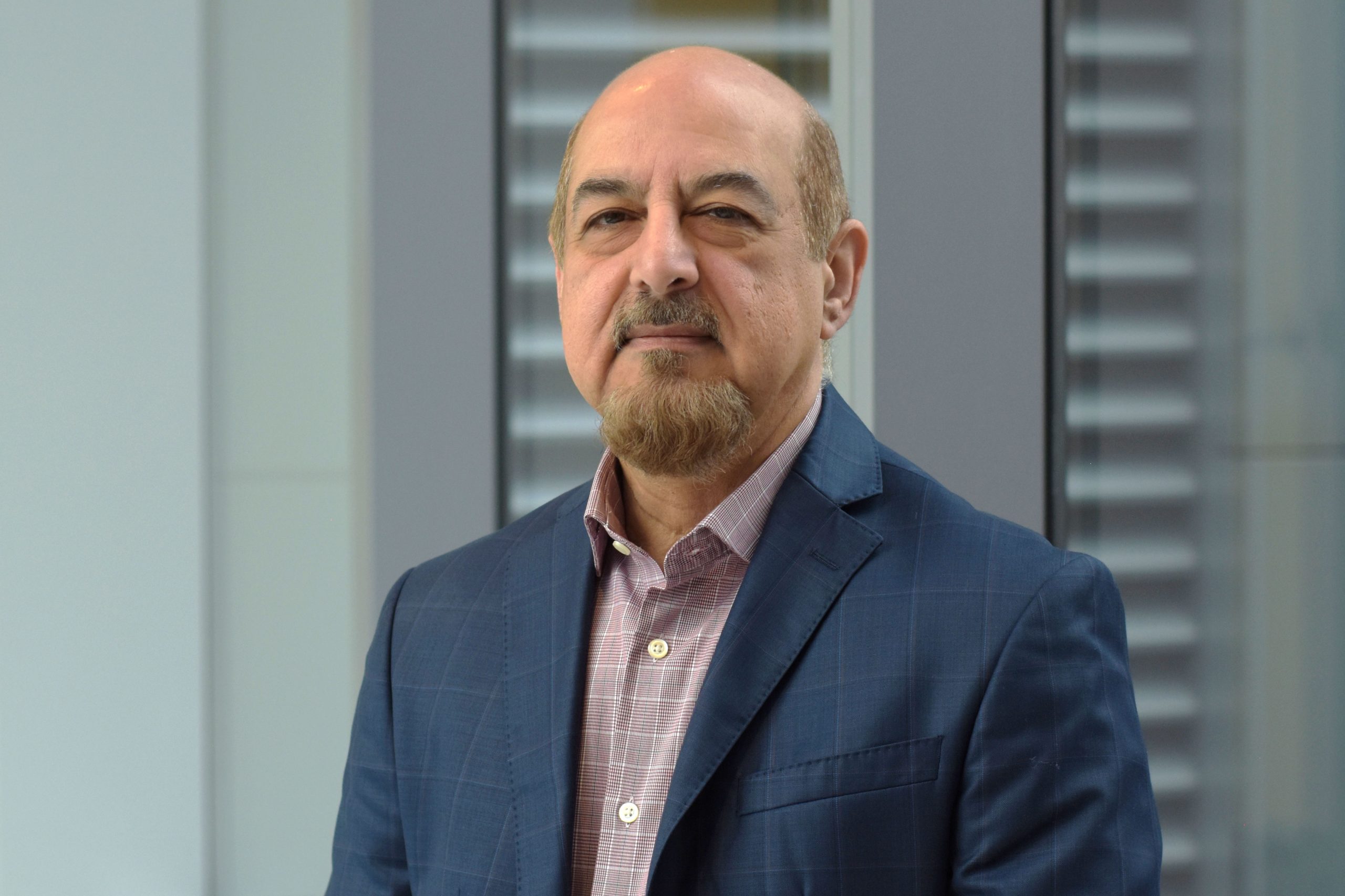Receive the latest news, event invites, funding opportunities and more from the Ontario Institute for Cancer Research.

Dr. Masoud Vedadi’s team focus on biophysical and biochemical characterization of drug targets, and the discovery of small molecule that modulate their activities.
His research particularly focuses on epigenetic targets and histone posttranslational modifications, modulating the function of drug targets through active site directed inhibitors, and antagonizing protein-protein interactions of key protein complexes. Dr. Vedadi’s lab is also interested in the regulation of protein degradation and in the development of PROTACs for the degradation of challenging targets. Building on his extensive and highly successful international collaborations with pharmaceutical companies and academic labs worldwide, he continues to build alliances towards accelerating early-stage drug discovery.
Research interests
The role of epigenetics in human diseases and particularly in cancers has been well established. Many enzymes involved in posttranslational modification of histones, such as histone lysine and arginine methyltransferases (PKMTs and PRMTs), demethylases, and acetyltransferases have been validated as targets for the development of cancer therapeutics. Dr. Vedadi’s lab is interested in the (1) characterization of epigenetic drug targets and the (2) development of small molecule active site directed and allosteric inhibitors, in addition to inactivation and destabilization of protein complexes. His lab has successfully contributed to the development of potent, selective, and cell active small molecules modulating the activity of more than 20 epigenetic targets. In addition to this approach, (3) he will characterize ubiquitin regulatory enzymes towards development of Proteolysis Targeting Chimeras (PROTACs) for targets that may have been more difficult to drug. These approaches will be employed for the discovery of therapeutics for promising cancer targets. Moreover, (4) Dr. Vedadi’s lab studies the crosstalk between histone posttranslational modifications in vitro through a combination of enzymology and mass spectrometry.
With the start of the COVID-19 pandemic, Dr. Vedadi’s lab began the characterization of SARS-CoV-2 nsp14 and nsp10-nsp16 complex, the two SARS-CoV-2 RNA methyltransferases (MTs) and nsp13, an ATPase/Helicase. He has discovered and reported various potent inhibitors of nsp14, nsp10-nsp16, and nsp13 within an extensive network of international collaborations. Currently, in addition to his continued efforts in development of SARS-CoV-2 nsp14 and nsp10-nsp16 complex inhibitors, his research focuses on the development of therapeutics to prevent future pandemics as a member of a NIH funded QBI COVID-19 Research Group (QCRG), San Francisco, CA, U.S. His research includes coronaviruses that have infected humans so far (OC43, NL63, 229E, MERS, HKU1), and other potential pandemic causing viruses.
Dr. Vedadi’s lab is interested in collaboration with pharmaceutical companies and academic labs world-wide on projects towards development of therapeutics for cancers and pandemic causing diseases.